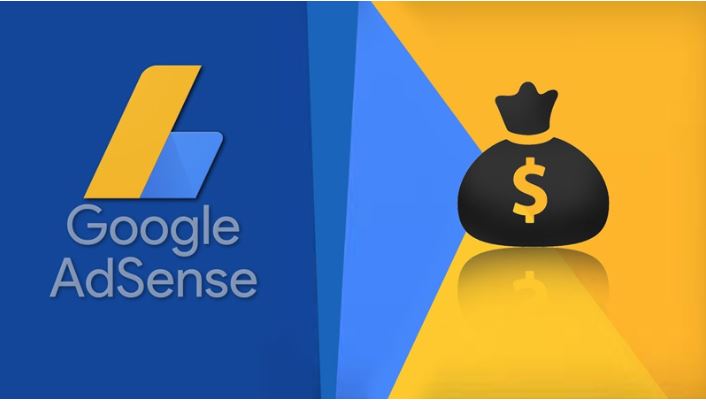
Google Adsense just stated that it has significantly improved ad loading times on mobile devices. This advancement aims to improve user experience and engagement on mobile devices, which have become the dominant method of internet access. According to Google, quicker loading advertisements may result in a considerable gain in income for publishers since consumers are more likely to see and click on them. This is a good thing for content producers and publishers that depend on Google Adsense to monetise their work.
Google is always enhancing their products to be more efficient and faster. Just download the latest Google Chrome 10 browser to see the great strides they have made with page loads. Well, now Google has increased the speed at which Google Adsense Ads are loaded on a publishers page.
Google has estimated that when a publishers places Google Adsense Ads on their site, that the ads will increase the load time of the page by 12%. That may not sound like a whole lot, but any extra time on a page load could deter the visitor from fully loading the page, and read the content. Users do not like to wait for pages to load, and will click the back button very quickly. The new Adsense code will now speed up the loading time by a half a second or more based upon the new code.
There’s more good news, this effect is automatically done, and requires nothing from the publisher. The speed improvements will automatically take place without you making any changes to your website or Adsense code.
The old implementation would load some additional javascript scripts that would gather information from the website, and send that information about in an ad request to Google. The new implementation, without any changes from the publisher, will create an iFrame on the publishers website. This allows for the rest of the website to be loaded while the Google Adsense code performs its needed tasks. The loading of the rest of the website does not need to be put on until Google Adsense performs its loading. This speeds up the process greatly as the loading is done in parallel.
In Google’s testing, the new implementation allows a web page to load as quickly with Adsense code involved as it would have without the Adsense code. The change will affect visitors who use Google Chrome, Mozilla Firefox and Internet Explorer 8. More browsers will be supported shortly.
This is something that Google alluded to implementing about a year ago at the Velocity conference and they have put the new code through a tough test to make sure publishers will not notice any hiccups.
so Google's making their ads load faster, which is dope. But, Facebook's doing things differently, they're telling developers to stay away from Google Adsense on their sites and software. Basically, Facebook wants to make more money off their ads and get people to stay on their platform longer. This might suck for some developers who've been using Google Adsense to get paid, but it shows Facebook's serious about being the big boss in the advertising game.
According to InsideFacebook.com, Facebook has been asking platform developers to stop using Google Adsense, and switch to a supported Ad network. This isn’t just targeted at Google, but any non approved ad network. Google has not signed the Platform Terms for Advertising Providers created by Facebook to bind the advertisers to Facebook’s policies.
Originially, Facebook provided a list of approved advertising networks, and then required the publishers to follow the policies for any advertiser that was not approved. Thus putting the responsibility on the publisher. Then Facebook provided a date of February 28th for developers to start only using approved advertising networks. But now, Facebook is starting to ask the developers to only use an approved advertiser and enforcing it. Google is not one of those approved advertisers because they have not signed the terms agreement. Facebook is starting to send emails to Facebook developers who are still using Adsense and asking them to change to someone that is approved.
It will be interesting to see if Google does sign the terms, and thus allow Facebook developers to use Google Adsense.
© ModNewMedia. All Rights Reserved.